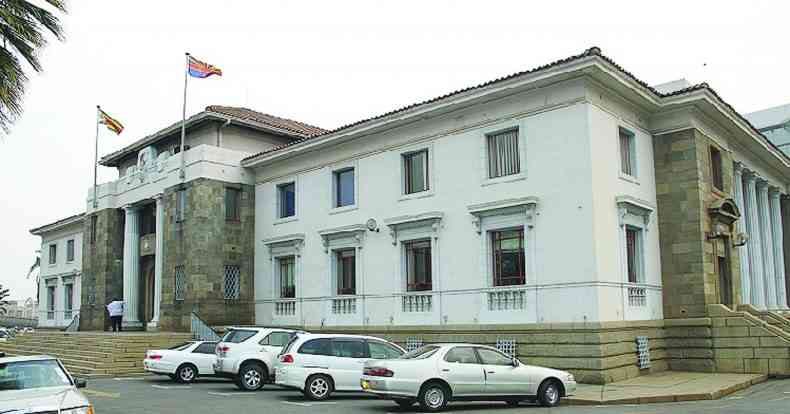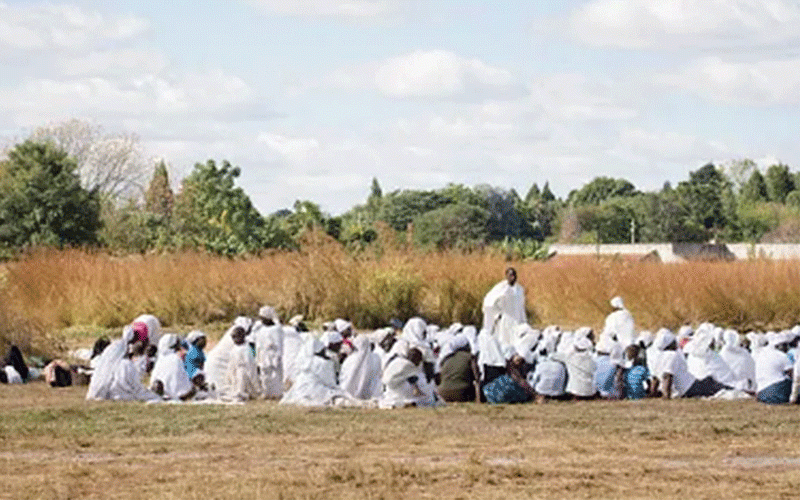
ENVIRONMENTAL pressure groups have made a clarion call for duty bearers to investigate corrupt land allocation in Harare and bring the culprits to book.
In a joint statement this week, the Cleveland Action Alliance, Network for Environmental and Climate Justice and Residents against Land Degradation expressed concern over illegal land allocation, including on wetlands.
They said it was unfortunate that despite a legal framework that guaranteed protection of the environment, Harare, like many other cities and towns, continued to witness illegal land allocation that compromise environmental sustainability.
This comes at a time when the government has issued a stern warning to land barons invading private and State land in Harare and other provinces against the illegal practices.
“We feel that the Harare City Council is not dealing decisively with the real cause of the mushrooming of illegal settlements in Harare,” the statement read.
“The illegal and corrupt allocation of residential stands initiated by land barons and corrupt council officials is a cause for concern which calls for urgent action if this trend is to be nipped in the bud.”
The alliance also expressed concern that the Harare City Council was turning a blind eye, while houses are being constructed without following legal procedures in acquiring residential stands.
“We are concerned that the Harare City Council has been paying a blind eye when houses are being built illegally and that there has not been any thorough investigations by the city fathers to identify the actual suspects within council who we believe are conniving with land barons to sell land to unsuspecting buyers.”
- ‘Probe corrupt land allocations in Harare’
- Seeking the ‘humanity-wetland’ balance: Interview with activist Jimmy Mahachi
Keep Reading
The environmental groups said City of Harare should urgently carry out an inquiry into the mushrooming of illegal structures in the capital.
They said council should provide alternative land to the families affected by demolitions as provided for in the Constitution.
They said it was important to note that the future of Harare was dependent on environmental sustainability.
“This must be considered in Harare’s master plan as the outdated one has paved the way for chaotic land allocations which often disregard environmental sustainability,” the pressure groups said.
“In line with our vision to increase community stewardship over the environment, we shall continue to mobilise residents to resist environmental degradation through illegal land allocations and public interest litigation remains key in this regard.”










